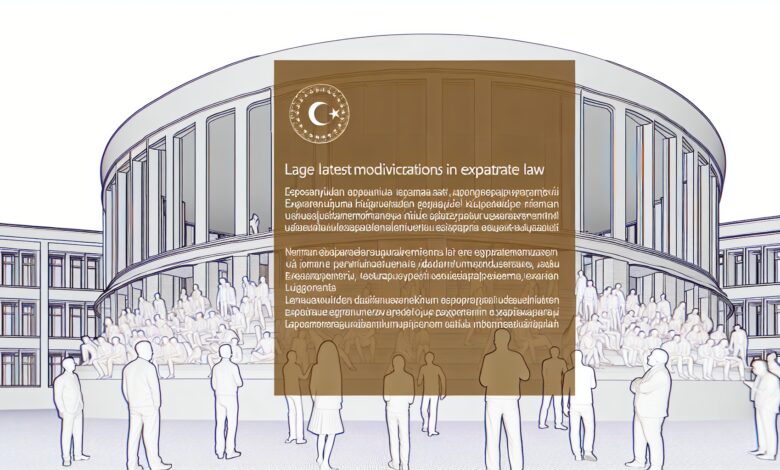New Foreigners and International Protection Law Draft: Key Changes and Impacts

Turkey’s proposed ‘New Foreigners and International Protection Law’ is set to introduce significant changes to how expatriates and international protection seekers are managed within the country. This article explores the key amendments and their potential impacts on the expatriate community in Turkey.
The draft law aims to streamline the processes related to residency, work permits, and protection status. One of the notable changes is the introduction of a unified application process for residency and work permits, which is expected to reduce the bureaucratic burden on expatriates and speed up processing times.
Under the new draft, the criteria for long-term residency are also being revised. Expatriates who have resided in Turkey for an uninterrupted period of eight years will now be eligible for long-term residency status, which comes with additional rights and benefits, similar to those enjoyed by Turkish citizens.
Another significant aspect of the draft law is the enhancement of rights for those under international protection. The amendments aim to provide better integration facilities, including access to education, healthcare, and employment opportunities, ensuring that protected persons can contribute effectively to society and lead stable lives in Turkey.
The draft also includes stricter measures to combat illegal immigration and ensure national security. These include enhanced surveillance and border controls, as well as stricter penalties for those found to be in violation of immigration laws.
For businesses employing foreign nationals, the new law proposes more stringent compliance requirements. Companies will need to ensure that their foreign employees have the necessary legal permits and adhere to the new regulations, or face significant fines.
The expatriate community has expressed both optimism and concern regarding the proposed changes. While the simplification of administrative procedures is welcomed, some are wary about the stricter controls and the potential for increased scrutiny.
As the draft law is still in the consultation phase, expatriates in Turkey are encouraged to stay informed about these developments, as they could have substantial implications for their legal status and rights within the country.
The final form of the law, expected to be enacted within the next year, will undoubtedly shape the landscape for foreigners residing in Turkey for years to come.






